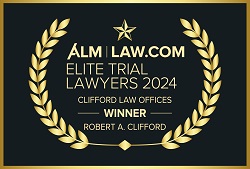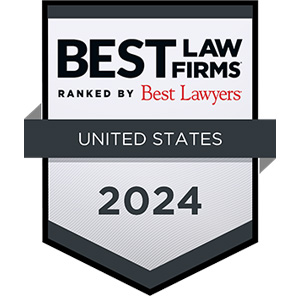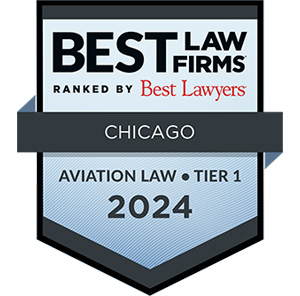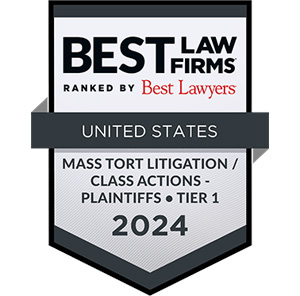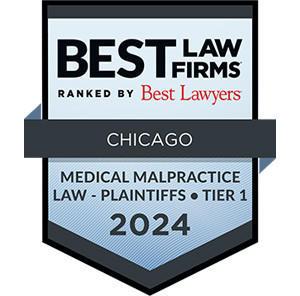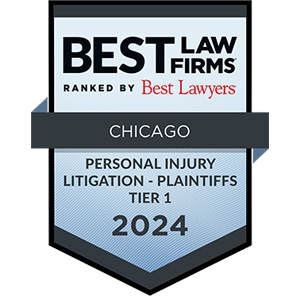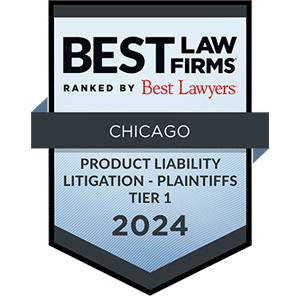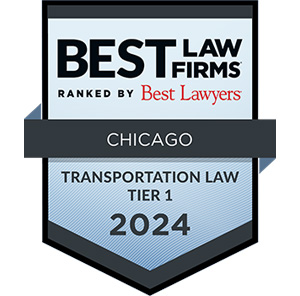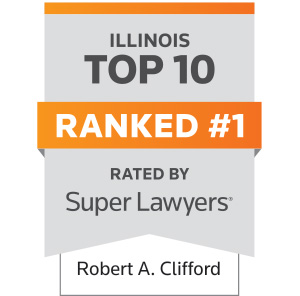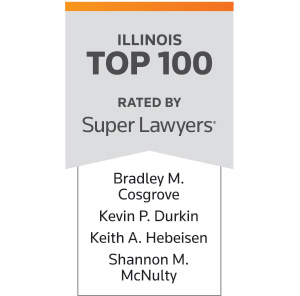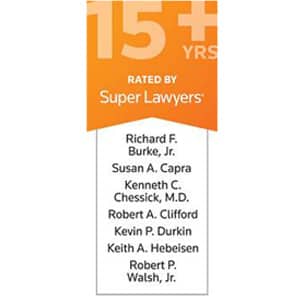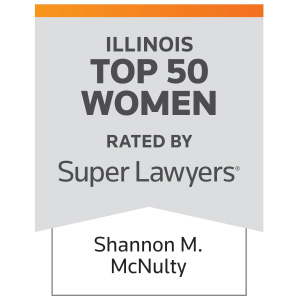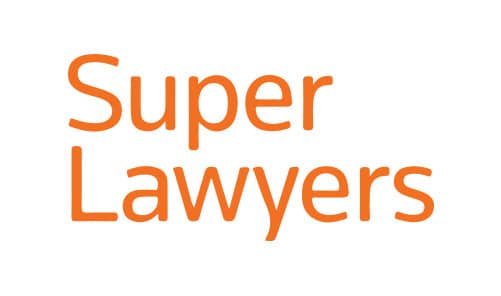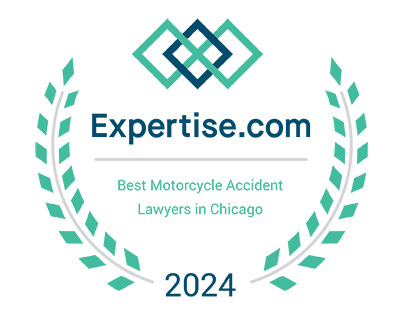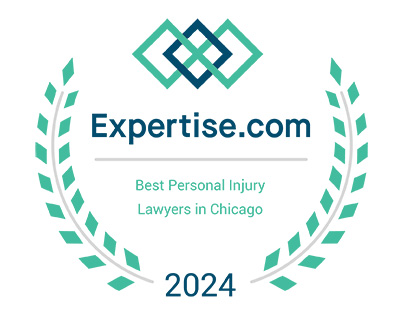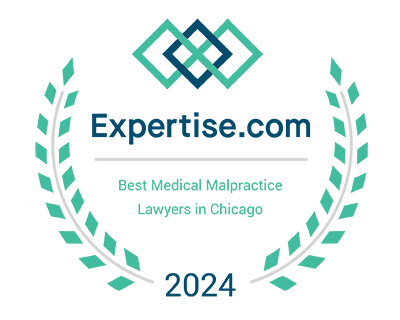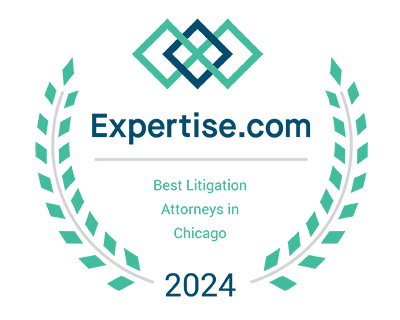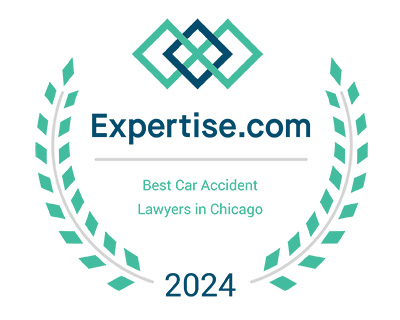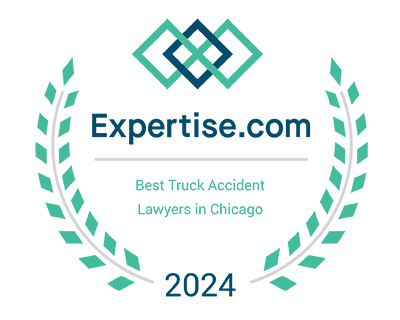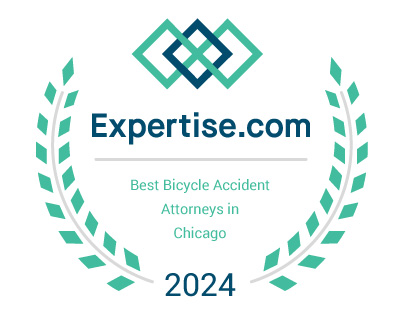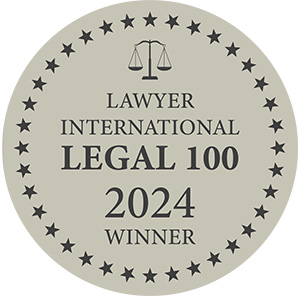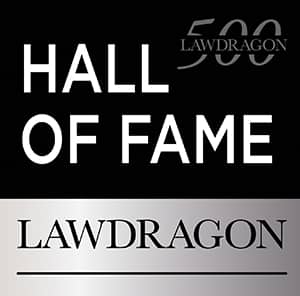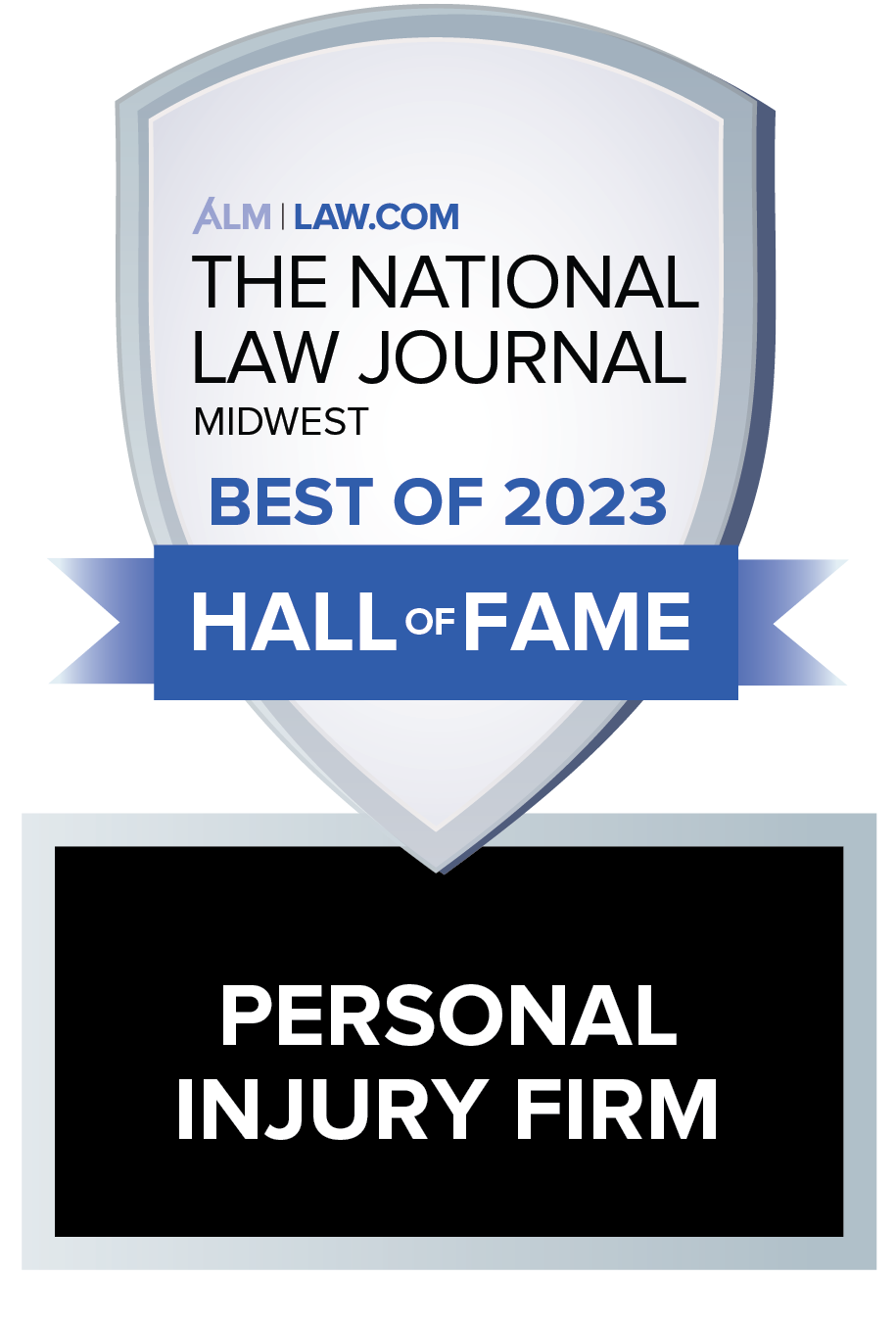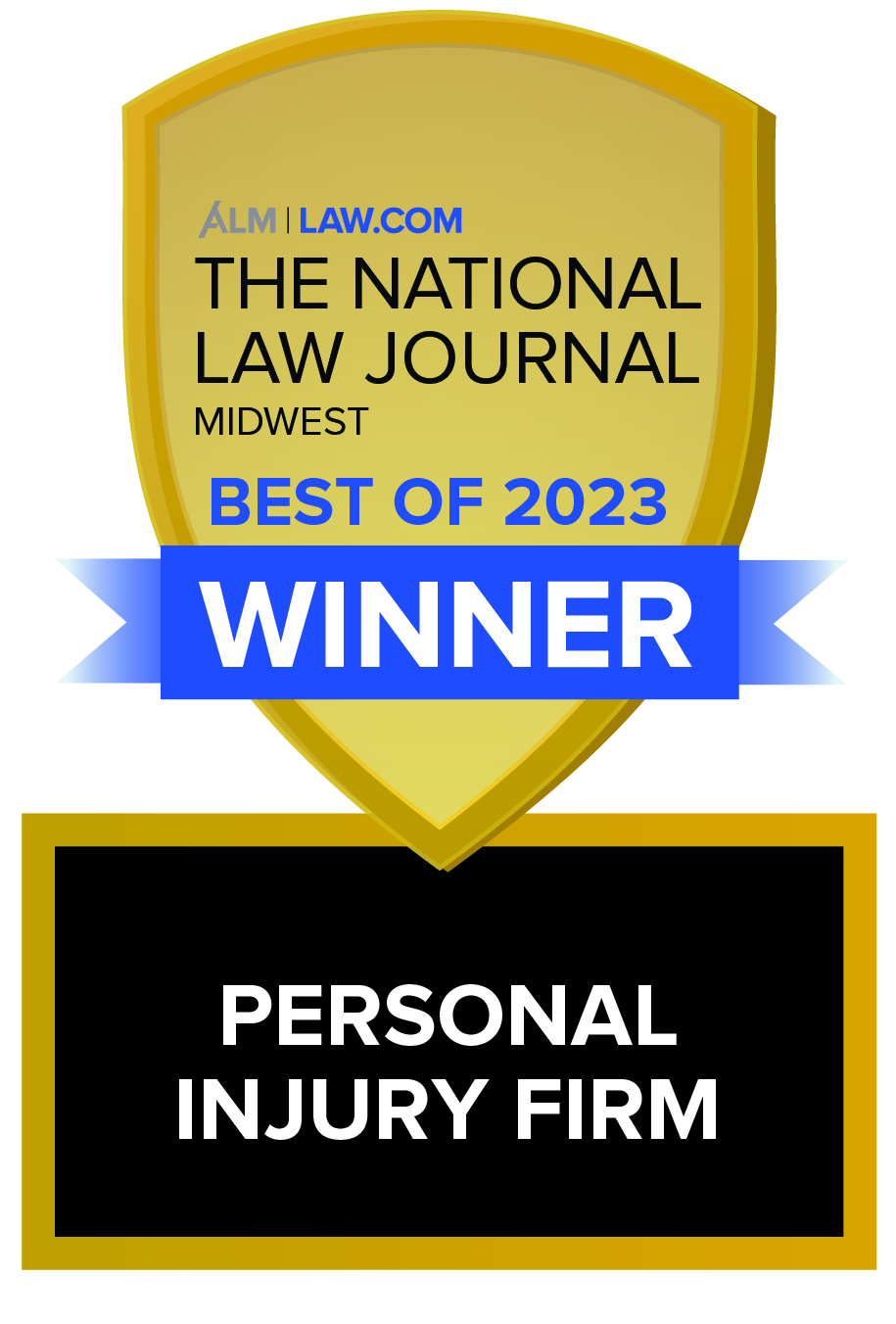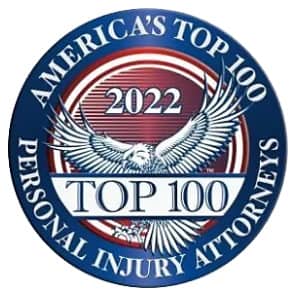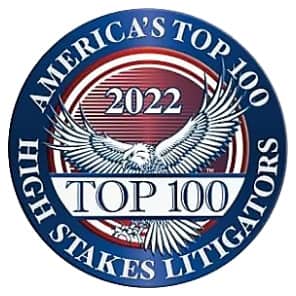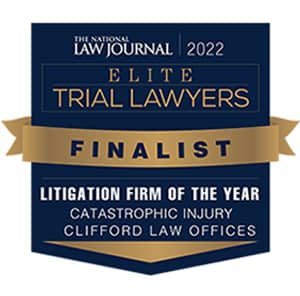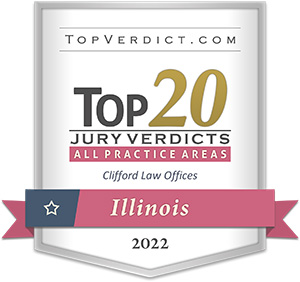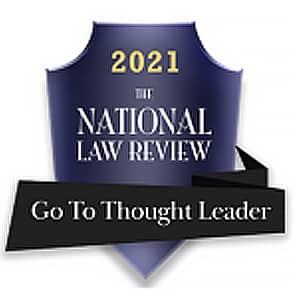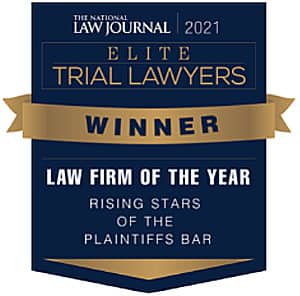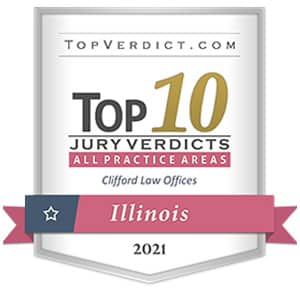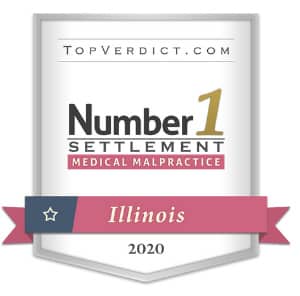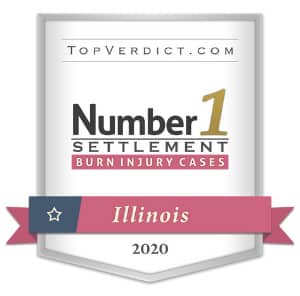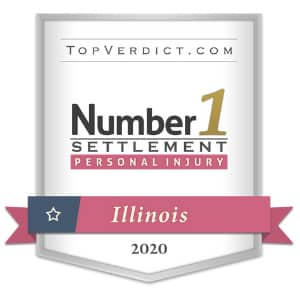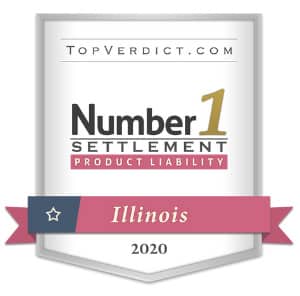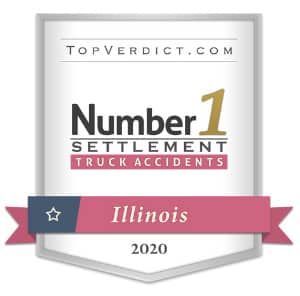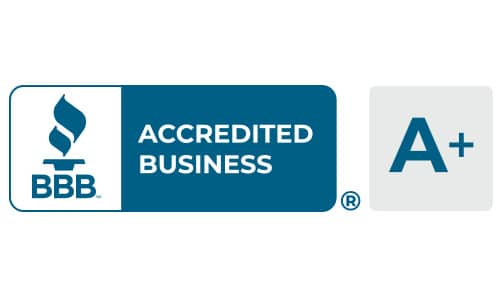Clifford Law’s product liability lawyer answers your questions
Richard Burke, a partner at Clifford Law Offices, talks about product liability law. He has a great deal of experience as a product liability attorney in sorting through complex cases when something goes wrong with a product. This can be anything from unsafe BBQ lighters to children’s games. He spends much of his time handling product liability cases involving motor vehicles, such as rollovers of SUVs, defects in tires, seats, and airbags. Rich was an Assistant State’s Attorney in Cook County for 12 years before joining Clifford Law Offices more than 20 years ago.
We asked Richard to answer your product liability lawyer FAQs:
What is a product liability case?
Rich: A product liability case is a claim that arises as a result of a condition in a product that has rendered that product defective and it makes the product unreasonably dangerous. Basically there are three categories by which a product can be deemed to be unreasonably dangerous. That can occur either as a result of a manufacturing defect that gives rise to a defective condition in a single product purchased by a consumer, or secondly there can be a defect in the design of a product that gives rise to an entire category of products as deemed dangerous, and thirdly, a product can be considered to be unreasonably dangerous as a result of being sold to consumers with inadequate warnings about the risks of the product and the inherent dangers, or without providing proper instruction to the consumer as to how to safely use the product.
Can you provide examples of the types of cases that a product liability attorney handles?
Rich: I just alluded to children’s games a moment ago, and those are ones that I find terribly tragic because it’s very unsuspecting for parents and obviously for a young child, but I had a case not too long ago that we successfully resolved, in which there were component parts of a building-block type game that were swallowed and were a size that could be easily swallowed. The minute that the game piece ended up in the digestive track of the child, it disintegrated and ended up causing blockages in the child’s intestinal system, giving rise to emergency surgery and future injuries concerning the functioning of her digestive track. We see those types of cases. We see defective cribs with side-rails that can come down without any notice.
As I mentioned, we handle a lot of cases involving motor vehicles and sport utility vehicles. A lot of times, when a vehicle rolls over, it ends up on its roof and the roof crashes or caves in, coming into contact with the occupant. The minute there is contact between the roof and the occupant’s head, that can often give rise to brain injury or compression of the spinal cord, or fractures to the spinal cord which result in paralysis and quadriplegia. A lot of times we see tires that blow because they have not been designed and manufactured properly with appropriate liners to withstand the riggers of being out in either very hot weather or very cold weather. A moment ago, I referred to barbecue lighters. We’ve unfortunately seen cases where children have been burned because a young sibling has literally been able to activate the lighter and those are very sad and unfortunate types of cases. I am handling a case right now involving a woman who was very severely injured when her car came into contact with the back of a semi-tractor trailer. As a lot of your listeners may realize, when they are on the road, if they look at the back of a semi-tractor trailer, they all have what’s known as a rear-impact guard that comes down at the very back of the vehicle. That bar is designed to prevent a car from riding underneath the trailer. Unfortunately, we have instances where those rear-impact guards actually fail because they haven’t been designed with a strong enough system of screws and bolts to keep them in place, and the minute it fails, that allows the vehicle to under-ride the trailer. So, all of those types of defective products can give rise to some very tragic occurrences, and very severe and permanent injuries to our clients.
With respect to motor vehicles, what type of incidents might give rise to a product liability case?
Rich: We certainly see these cases arising out of what are often just the very basic types of traffic accidents that occur on the highway every day. You have to keep in mind that vehicles are known and expected to be operated at highway speeds, which in many instances, especially when you get out into some rural areas, the speed limits are literally 70 mph or 75 mph. But even at much lower speeds, we see rear impacts where a seat back may fail, and by that I meant the back of the driver’s seat will collapse backwards. The unfortunate effect of that is to propel the occupant, either driver or a passenger, backward in their seat. They can be driven upwards so that their head impacts the interior roof of the car, or they can hit a rear seat and cause compression fractures to their neck, resulting in spinal cord type injuries that usually cause some degree of paralysis.
What does the term “crashworthiness” mean, and how does it relate to product liability cases?
Rich: Crashworthiness really refers to the capability of a vehicle or component parts to, in the most basic sense, be crashworthy, and by that, I mean to be able to withstand a crash and not cause or enhance injury to an occupant. Vehicle manufacturers know and expect that their cars and trucks and SUVs are going to be involved in collisions — that’s simply a known fact and it happens every day and, therefore, the government requires, and the manufacturers have an obligation to design vehicles with the expectation that the vehicles are going to be involved in reasonably foreseeable crashes. And the interior parts of the vehicle have to be designed so as to be certain not to enhance or increase injury to an occupant in the event of a crash. A vehicle may roll over because of a defect in the center of gravity that causes the vehicle to have too high of a center of gravity that results in it rolling over unexpectedly. However, even after that occurs, the roof of the vehicle should not cave in to the interior compartment of the vehicle and cause further injuries. Or in a rear-impact type collision, a consumer does not expect the seat to collapse, so as to then propel their body backwards giving rise to a head injury inside of the vehicle. Or even if there is a front-end collision, an air-bag is expected to go off in order to help reduce the potential injury. So crashworthiness really relates to the obligations of vehicle manufacturers to help prevent and minimize injury to occupants during known and expected vehicle collisions.
What do I have to show to be successful in a product liability case?
Rich: Basically, the legal standard is simply that you are proving that the vehicle is unreasonably dangerous and in Illinois, at the present time, there are basically two ways to accomplish that in terms of method or proof. One is often referred to as the Consumer Expectation Test. That really means that we have to prove that the product failed to perform as a consumer would reasonably expect it to perform when the product is being used in a normal and expected manner. A second way of proving a product to be unreasonably dangerous is by evidence that gives rise to a Risk Utility Analysis. That essentially involves circumstances where even if the product performs as expected, the product still may have risks that outweigh the utility or usefulness of the product, and in those instances, we show that there are other types of reasonable alternative designs, that could have been employed and could have been used for a safer design and could have been accomplished at a similar price or without any significantly greater cost to the manufacturer.
Do I need to have the product to file a product liability case?
Rich: For all practical purposes, yes. And I certainly caution consumers to keep and preserve any product that they believe have caused them injury as a result of any defective design. That’s unquestionably the most important aspect of any product liability case. The product is going to be evaluated by us and our experts to determine why the product was defective and how it gave rise to injury. When a lawsuit is filed against a product manufacturer, their lawyers are certainly entitled to inspect the product as well, and one of the first things that really occurs in these types of cases is to have an inspection of the product by both sides. So it is very important to preserve the product and for all practical purposes it is essential to have it in order to successfully prosecute a product liability case.
Who can be held responsible in a product liability case? The retailer or manufacturer?
Rich: The short answer is both. Frequently, and probably more often than not, the manufacturer is the entity that is really responsible or has a good part of the responsibility because they are involved in the design and the manufacture of the product. They frequently are the ones that have designed and placed any warnings on the product itself or the product packaging. However, in Illinois, the retailer or the seller of a product can certainly be held responsible, as well, in many circumstances. If you think about it, it’s really the retailer who is the entity who most likely has had the most recent, and sometimes only, contact with the actual consumer who gets injured. So, particularly with motor vehicles, it’s the retailer that often has persuaded a consumer to purchase a particular vehicle by emphasizing certain features of the vehicle and perhaps not explaining fully all of the risks that might exist in a vehicle, or any other type of product for that matter. So, definitely, a retailer or seller of products can also have responsibility.
What type of inspection of the product does a product liability lawyer conduct as a part of an evaluation of a product liability case?
Rich: The nature and scope of the inspection certainly varies depending on the particular product. In any case, certainly there is an initial inspection that consists primarily of a visual-type inspection. Often it involves taking pictures and taking measurements. Sometimes activating or turning on a product. That is usually a preliminary type of inspection. Secondly, in almost all product liability cases, there is a more detailed inspection where some component part of the product is taken apart or dismantled so that experts hired by both sides can have an even closer look at the design of the product, and make a determination as to why the product failed and why it gave rise to injury. Those type of inspections certainly should not be done until a lawsuit has been filed and both sides are involved in a case. When I say both sides, I mean the attorney on behalf of the injured consumer and the attorneys for the manufacturer or seller of a product. That is what we refer to as a destructive inspection of a product, where it literally is dismantled to some extent, and usually there is a protocol or procedure that is agreed upon by lawyers for both sides to accomplish a proper dismantling of the product.
Can a person who is injured by a product be successful in a product liability case, even if he or she did not personally buy the product or if he or she was not using the product?
Rich: Certainly a person has to be using the product in order to bring any type of product liability claim. The exception there would be if you are an heir of somebody who has been killed. But with respect to the first part of that question, yes, it does not necessarily matter if you personally have purchased the product. We often see passengers in vehicles injured, and they are not the owner of the car or the truck or the SUV, but they are fully entitled to bring a product liability claim if they have been injured as a result of some defective or unreasonably dangerous condition in that vehicle. Essentially the law protects users of products as long as they are using it in an expected manner and are doing so generally in accord with the directions and instructions on the product.
Can a person be successful in a product liability case if he or she did not use a product properly or in accord with the directions on the product?
Rich: They certainly may be, yes. And obviously the extent to which a person did not properly use a product may become an issue and may give rise to contributory negligence or assumption of the risk. But what we often see is that a product might not have adequate instructions as to how to safely use the product or adequate warnings about inherent dangers and hazards that are part of using that product. So, in that type of situation, one of the issues that comes into play is really the appropriateness or adequacy of the warnings, and that defective or insufficient warning can, under Illinois law, definitely give rise to a product being deemed unreasonably dangerous.
Can a person file a product liability case if the product came with warnings about hazards or dangers involved with the use of this product?
Rich: Yes, they can. And I probably just touched on that a little bit with respect to the last question because what we would be looking at there is the adequacy of the warnings that accompanied that product. Did the manufacturer fail to tell the consumer about all of the hazards and dangers that they knew about? Or did they explain those warnings in a manner and in a location on the product, or in instructions, where any average consumer realistically is going to look and be able to understand what they are talking about?
How would I personally be involved in a product liability case? Would I have to testify in court?
Rich: Yes. Most likely any person who brings a product liability case does testify. In Illinois, we have a deposition process, so usually they give a deposition in the case first and then ultimately, unless a case has settled, it will proceed to trial. The person who has been injured, will testify at trial about their purchase of the product, about their expectations as to its use and about how they believe the product failed and caused injury to them.
What role do expert witnesses play in proving a product liability case?
Rich: Experts are very important in product liability cases, and the more complicated the product and the more serious the injury, usually the greater number of experts that are needed. Basically, we are usually talking about products that have some mechanical or scientific aspect to them, so we frequently utilize experts that have experience in the design of the type of product that is at issue. They give testimony as to why the product failed, as to why it was dangerous in its design, and the type of alternative designs that existed that could have been utilized to make the product safer.
A lot of people are worried about their finances. What does it cost to bring a product liability case?
Rich: That, too, varies on the type of product involved, the scope of litigation and the number of experts that are needed in any particular case. Clifford Law Offices has regularly represented clients in product liability cases where we normally advance the funds needed to hire the experts for these types of cases. Sometimes it’s $5,000 or $10,000, but we literally have spent over a half a million dollars in certain types of serious motor vehicle product liability cases in putting together all of the expert testimony, evidence and inspections that we know are necessary to successfully prosecute the case in court.
Any final thoughts when it comes to product liability?
Rich: I think that most product liability cases play an important role in our society because consumers are entitled to have an expectation that a product they pay money for is going to perform in a manner that they expect. When that doesn’t happen, consumers need a legal means to seek compensation for their injuries. The manufacturers are the only ones who had the ability to properly design and manufacturer the product. When there is a defect in the product, a product liability lawsuit is the only thing that causes manufacturers to have the incentive to design and manufacture their products in a manner that is safe, and in a manner that will prevent injury to consumers when that product is used in a reasonably foreseeable manner.




